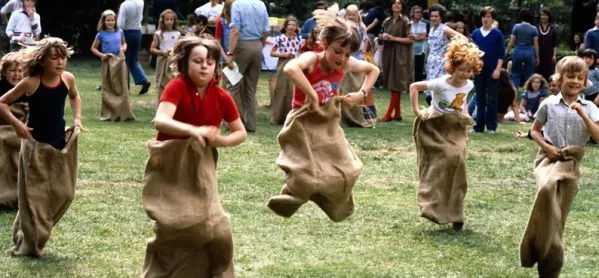Out-of-school activities can help improve primary children’s educational attainment, a new study has found.
Children who took part in organised sports or other activities, such as dance, at the ages of 5, 7 and 11 were almost one-and-a-half times more likely to reach a higher than expected level in key stage 2 maths, according to researchers from NatCen Social Research, Newcastle University and ASK Research.
The study of more than 6,400 English children, was funded by the Nuffield Foundation. No general relationship was found between organised sports or other activities and KS2 English and science scores.
The study found that formal sports club activity was dominated by children from more well-off families, with almost two out of five of disadvantaged seven-year-olds taking part, compared to four out of five of those from wealthier homes. But, in contrast, roughly equal numbers of children from both backgrounds were involved in after-school clubs.
Among disadvantaged children, those who attended an after-school club achieved a higher total score in their KS2 assessments in English, maths and science at the end of primary school than disadvantaged children who did not take part.
Researchers said that the finding could help point the way towards closing the ‘attainment gap’ between poorer children and those from more affluent homes.
Dr Emily Tanner, of NatCen who led the study, said: “Results showed that sports clubs were positively associated with attainment outcomes at age 11, even when accounting for prior attainment at age 7.
“For children from economically disadvantaged backgrounds, who have lower take-up of formal out of school activities, school-based clubs appear to offer an affordable and inclusive means of supporting academic attainment.
“The recent budget announcement to direct money raised by the tax on sugary drinks towards funding sport and after school activities suggests policymakers are recognising the wide-ranging benefits of these activities.”
The researchers also discovered that children who participated in organised sports and physical activities at any time during primary school had better social, emotional and behavioural skills than those who did not take part.
- ‘Out of school activities during primary school and KS2 attainment’ by Emily Tanner, Jenny Chanfreau, Meg Callanan, Karen Laing, Amy Skipp and Liz Todd is the latest working paper from the Centre for Longitudinal Studies (CLS).




